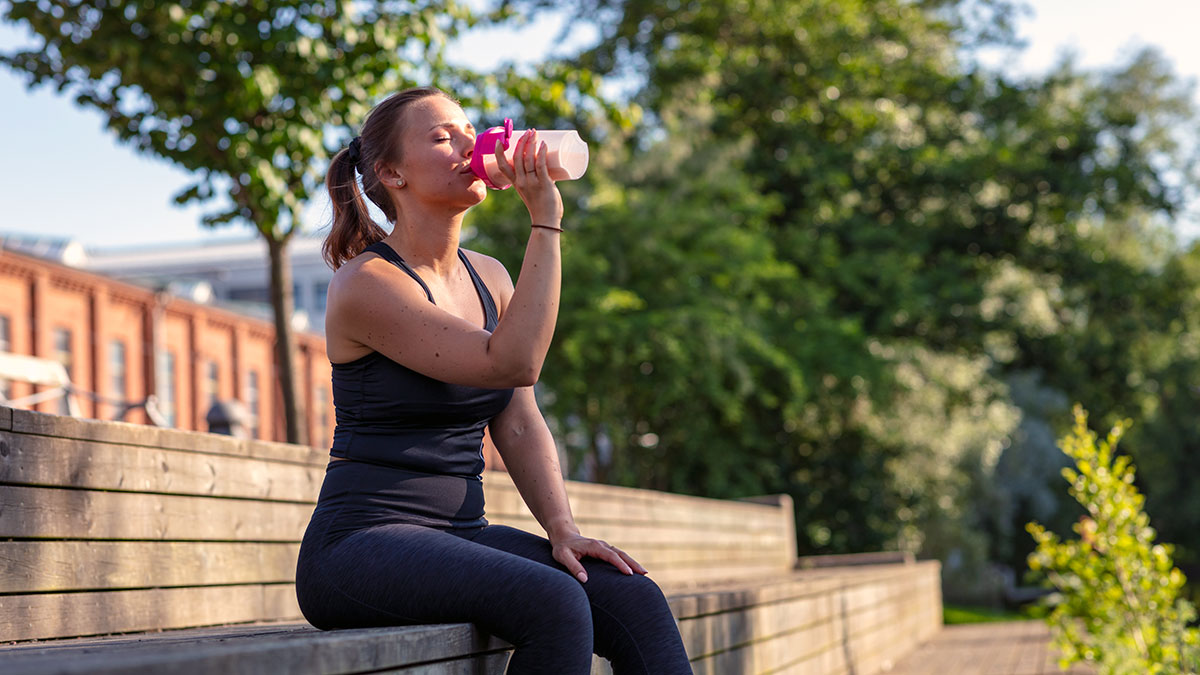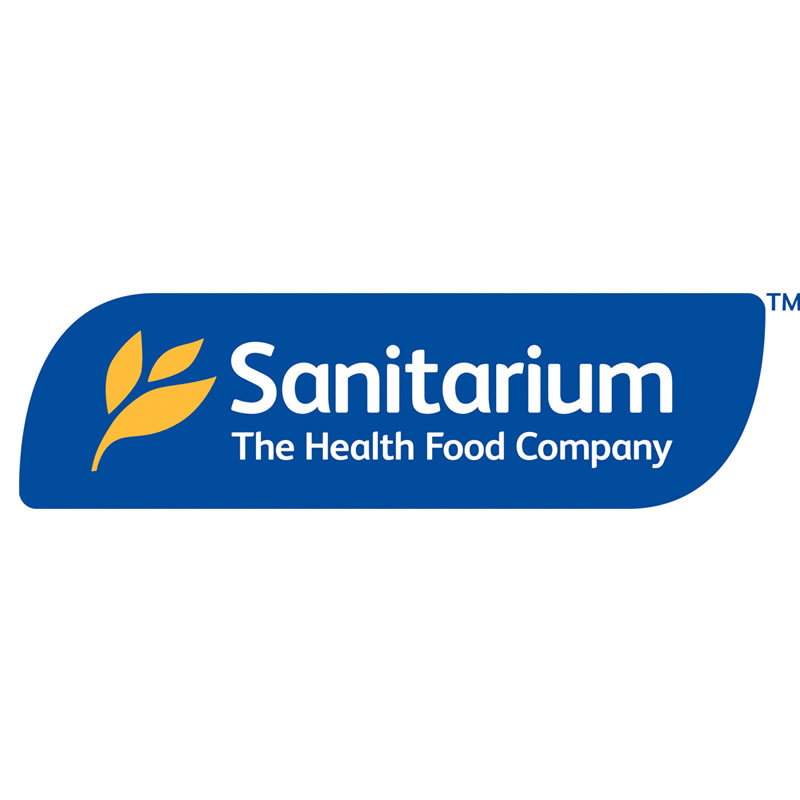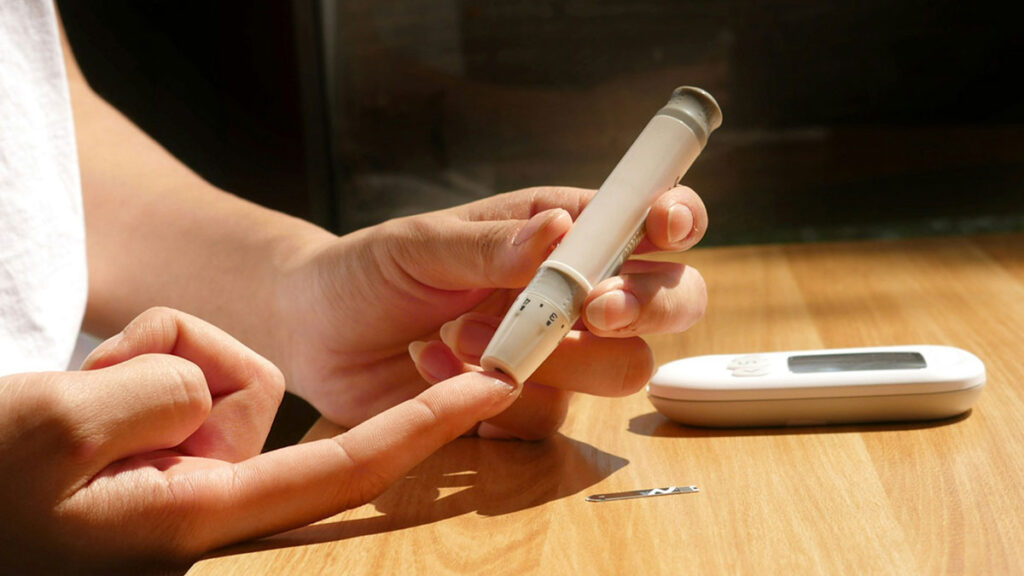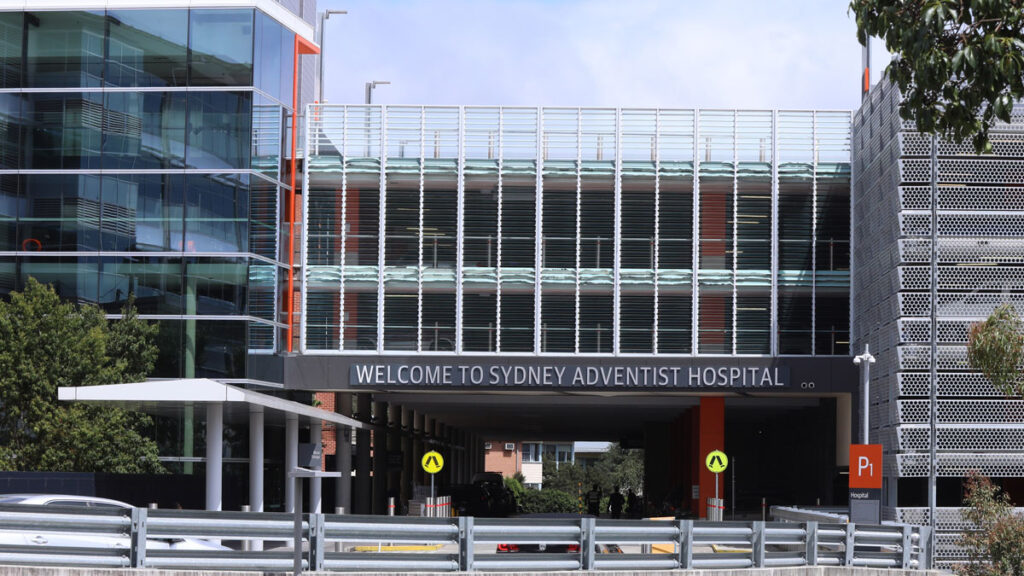There is no doubt your body needs protein. It’s important for muscle growth, tissue repair and recovery after exercise. However, how much protein do you really need and when should you be eating it?
Protein can also preserve lean muscle mass, help regulate appetite, and enhance satiety to help manage cravings and keep you feeling full. However, too much of anything, even protein, can provide more kilojoules than your body actually needs, which can contribute to weight gain. To get the balance right, it’s important to not just focus on eating more protein but consider spreading your protein intake across the day and focus on healthy, whole food sources.
More protein at brekkie
Most Australians load up on protein at dinner time, but pass on protein at brekkie. On average, Australian women eat just 11g of protein at breakfast. A report from the CSIRO shows that eating more protein, especially at breakfast, may be the key to healthy weight management. For brekkie, this can be as simple as wholegrain cereal, muesli and yoghurt sprinkled with nuts or peanut butter on toast and a glass of soy milk.
Not all sources of protein are healthy
Discretionary foods generally provide little nutritional value, so while they may contain some protein it can come with a whole lot of added sugars, salt and saturated fats. When it comes to protein, it’s important to choose mostly whole foods. Sources of plant protein include legumes, peas, nuts, seeds, soy products and wholegrains. They also offer a wealth of vitamins, minerals and powerful plant chemicals.
So how much protein do you really need?
It’s recommended that women eat 46g of protein a day, more if pregnant (60g), and even more again if breastfeeding (67g). We also need to up our protein intake (57g) after turning 70. The recommended daily intakes are higher for men (64g) and then there are different targets for teenagers and people with demanding exercise regimes.
Protein-packed plant foods
Soy beans
Canned, one cup = 16.3g protein
Whether you eat whole soybeans or products made of soy like tofu, tempeh or soy milk, you will reap the protein benefits. Remember, when choosing your soy milk, opt for one that is fortified with calcium and B vitamins.
Pistachios
30g handful = 6g protein
A perfect, healthy on-the-go snack, just a handful of pistachios packs a protein punch and is a good source of vitamin B6, which is needed for energy production. Opt for unsalted pistachios to make the most of these nutritious nuts.
Peanut butter
1 tablespoon (20g) = 5g protein
In addition to protein, this versatile spread also provides niacin and magnesium for an energy boost. There are a range of peanut butters to choose from to suit your tastes and needs, including natural and no added sugar or salt varieties.







